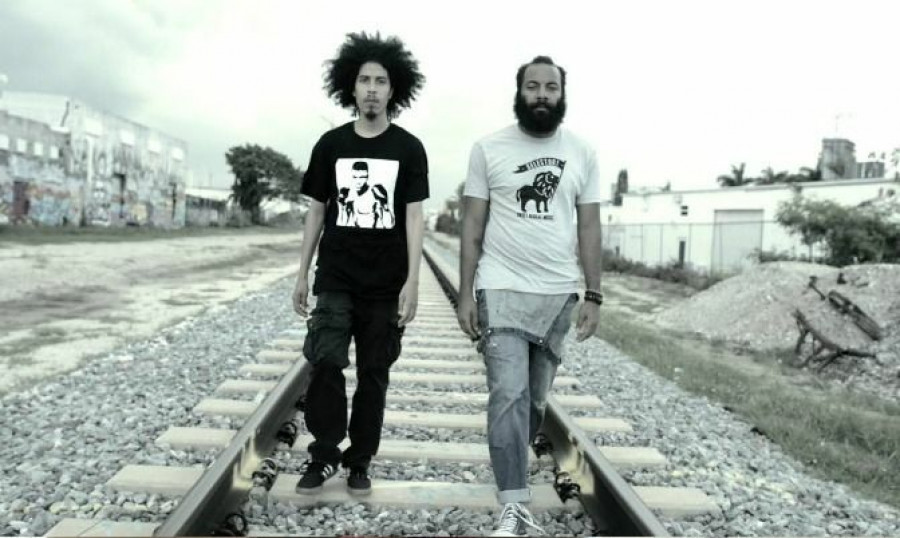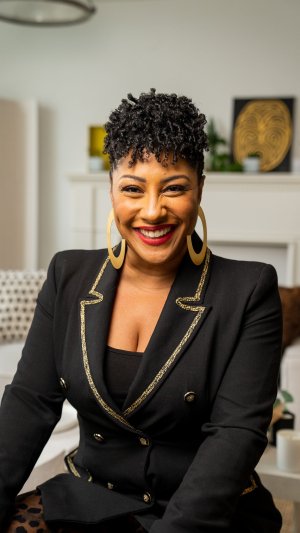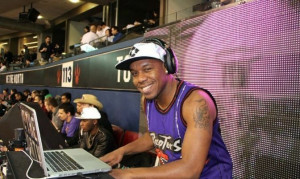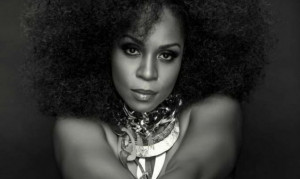The first music video from the project is called Survival, featuring excerpts from civil rights legend Stokely Carmichael. His words are haunting because more than 50 years later, they are still incredibly relevant. We caught up with Echo Slim and Nelson Serieux to talk more about the new track.
Why was it important for you to put out this particular message now?
Echo Slim: Like the great Nina Simone said,"An artist's duty...is to reflect the times". With all the music out there that is sensationalizing a lot of the things that are negative or destructive to our community, like drugs and alcohol, guns, unnecessary violence, the disrespect of our women, and so many other divisive things, it was only natural for us to speak up about what our community really needs to hear. There is nothing wrong with having fun, but these distractions got us divided from the true unity we need as people to combat our real adversaries. Our governments that are supposed to represent our best interests as a people. Politicians that can easily be bought out by major corporations. Corporations that knowingly feed us genetically modified foods that lead to cancer and various other diseases. Police officers that are quick to pull out their guns on innocent people because they have no social skills and are quick tempered. These are the real issues that we must combat and so many more.
Nelson Serieux: It was important for me to put out this message now because of how blatant and rampant injustice is under the pretense of Justice. The moment that inspired me to write about this was when I heard the Stokely sample. It touched me and inspired me to give my perspective on what he was talking about since it is still relevant today. I wanted to write it in a way that any generation could learn from it and it would resonate with those who want to take responsibility and influence change in their own lives and as a community
How difficult was it for you to edit this? What emotional impact did it have on you, to be so immersed in all these images of violence against black people.
The video director and editor, Nkosi, brought this whole video to life. We gave him a basic idea of the visuals we wanted in our treatment, but he took it to another level. As someone who edits video myself, I have a great appreciation for his perception of this song. It's great seeing artists come together and collaborate on ideas that are socially conscious and uplifting. Coming from the school of Public Enemy, BDP, X-Clan, and so many other socially aware groups, it actually feels great to put something like this out for people to see. But I can't lie, watching the final edit made me sad that we still have to deal with the very same issues that our ancestors had to deal with.
Growing up in the Caribbean, we don't encounter the same type of racism we do in North America. In fact it, most Caribbean immigrants find it hard to "relate" to the "struggle" Blacks in North America face. What's been your personal experience with this?
Nelson Serieux: I experienced racism in Brooklyn when I visited my girlfriend in her building in park slope. One of the tenants refused to let me in unless she came down to get me. I also experienced the same thing when I started living with her and land lord refused to let me in one day even tho I showed him my key told him I lived in the apartment.
EchoSlim: I've experienced racism many times from police. Being pulled over while driving, throughout America and Canada. Not all police officers are bad, but most of my encounters have been negative for really no reason.
Now that the U.S. election is over, and we're all still shocked at the results, how are you feeling about the future?
Nelson Serieux: Definitely hopeless.
EchoSlim: I have no faith in politics. Things will be the same no matter who's in office. But that doesn't mean there is no hope for humanity.
This song makes use of Stokely Carmichael's words, which are hauntingly still relevant. What do you think this generation can learn from the civil rights generation?
This generation can learn a lot about unity from the civil rights generation. The unity that the Black Panthers had was so powerful. They helped each community that they worked in so much that the government had to infiltrate them with informants to try and shut them down. They accomplished things that the government never could, or probably never wanted to, with the poor and middle class communities. The unity of the Nation of Islam back in those days showed that we can be independent people who can run our own businesses, grow our own food, and create a powerful economic system within our own community where our dollars stay in our community. We need to be one with our ancestors. We should love our fellow brothers and sisters. Understand them and their shortcomings. Don't be quick to judge them or hate them. Love one another. Spread Love.

 By
By 





